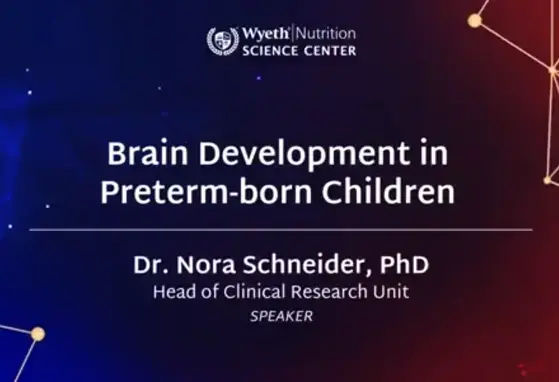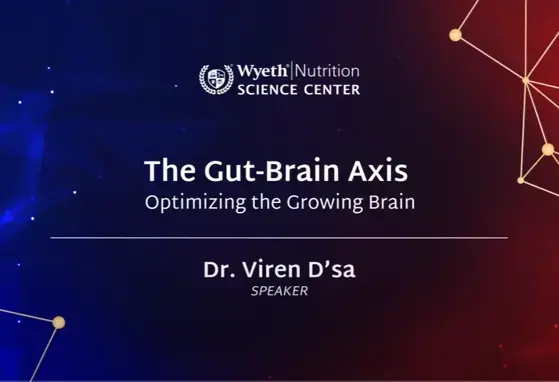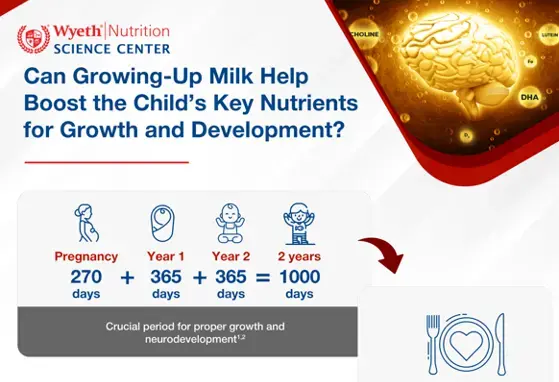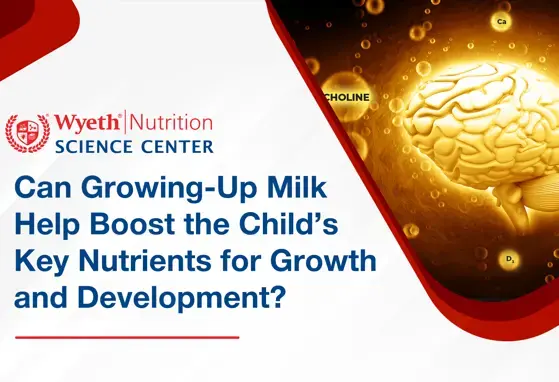Brain and cognitive development – a focus on myelination and executive functions - Dr. Barry O’Neill
Executive functions (inhibition, working memory, cognitive flexibility) develop in children as an interplay of brain maturation, including myelination, and external environmental factors (e.g. nutrition, stimulation).
The first 1,000 days of life, spanning conception to a child’s second birthday, represent an important period during which the foundations of lifelong physical and mental health develop. Alongside this, the additional early-life period encompassing toddlerhood and childhood (2–10 years of age) represents the peak period of brain growth, and coincides with the emergence of almost all fundamental cognitive and behavioural skills and abilities. Key among these skills and abilities are executive functions (EFs). This is an umbrella term that refers to a family of mental processes with three core EFs – inhibition, working memory and cognitive flexibility. From these three core EFs, higher-order processes emerge, forming the basis of reasoning, planning and problemsolving – essential for success in school, life, and cognitive, social and psychological development.
Children are not born with EF skills, but rather with the potential to develop them based on a complex interplay of underlying neurobiological maturation of structural and functional brain networks, and external environmental factors (e.g. nutrition and stimulation). Alongside EFs, social emotional skills are also key to the development of cognition, language and adaptive life skills. Healthy social emotional development refers to a child’s capacity to manage emotions and develop relationships, and actively explore their environment and learn. Much like EF, social skills and behaviours mature alongside brain structures and connections that process social information, and are additionally important for life and learning.
This talk will first give an overview of normal brain maturation in the early years of life, then an introduction to EFs and sociability, and their complex neurobiological underpinnings, before considering key factors that may influence these cognitive and behavioural skills and abilities.
WYE-EM-107-MAY-20
Reference
Dr. Barry O’Neill. 9th Annual Wyeth® Nutrition Science Center Global Summit. 2020
If you liked this post you may also like



Infographic - Can Growing-Up Milk Help Boost the Child's Key Nutrients for Growth and development?

The Learning Lead - Volume 2, 2024: "Can Growing-Up Milk Help Boost The Child’s Key Nutrients for Growth and Development?"